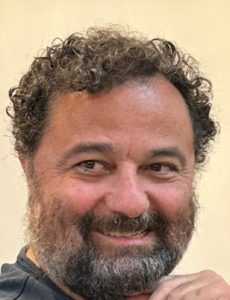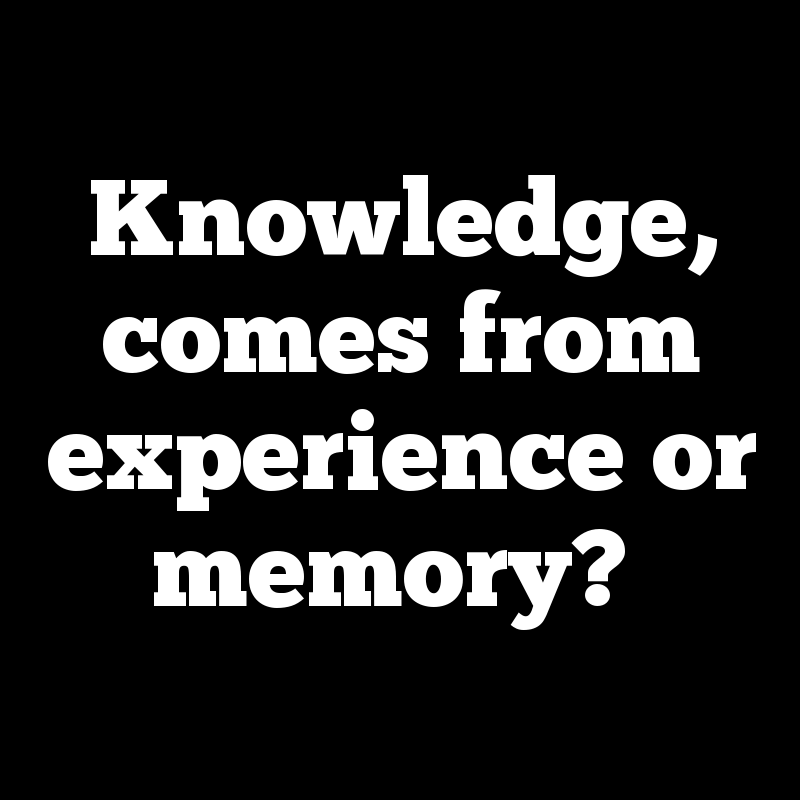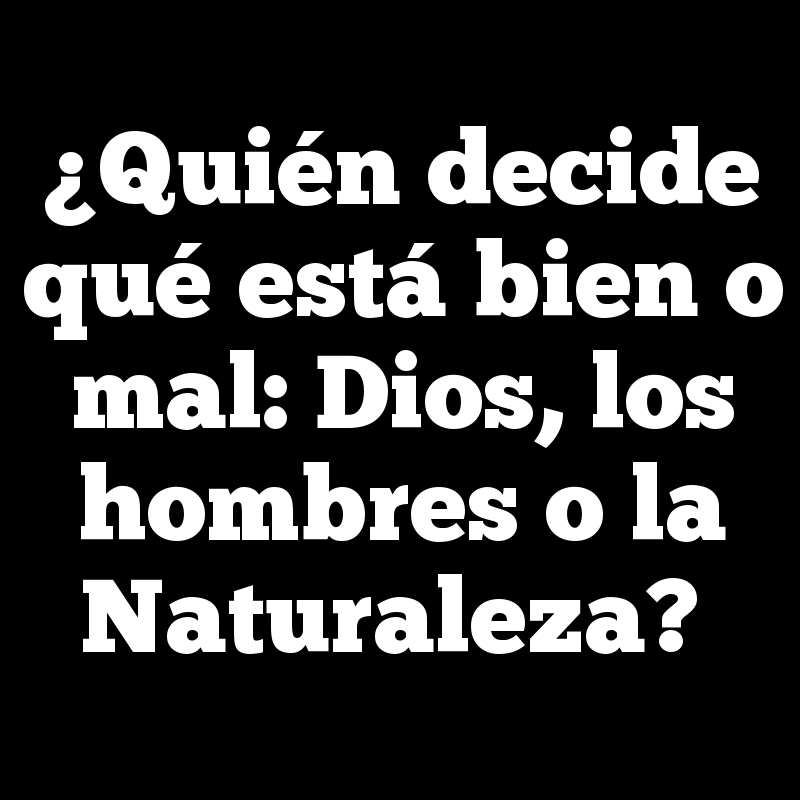The primordial question that gave birth to, and drove, classical philosophy is, how do I get universal concepts (dog) if my senses only perceive particulars (this tail wagging creature in front of me, and this other)
Up to now, the two most succeful answers have been:
1) Plato: we already have ‘universal concepts’ in our soul (we came originally from the world of ideas), so we learn through memory.
2) Aristotle: through a mental mechanism called abstraction, peeling the form out
of the matter.
Up to now, Aristotle is winning in number of votes.
But modern genetics is discovering the enormous amount of information that every living being is endowed with at conception. A written-down DNA code that allows plant, animals and humans to have answers to the everyday biological chalenges.
Perhaps, thus, we should believe that we are all depositors of very ancient wisdom, passed unto us from all our most remote ancestors.


